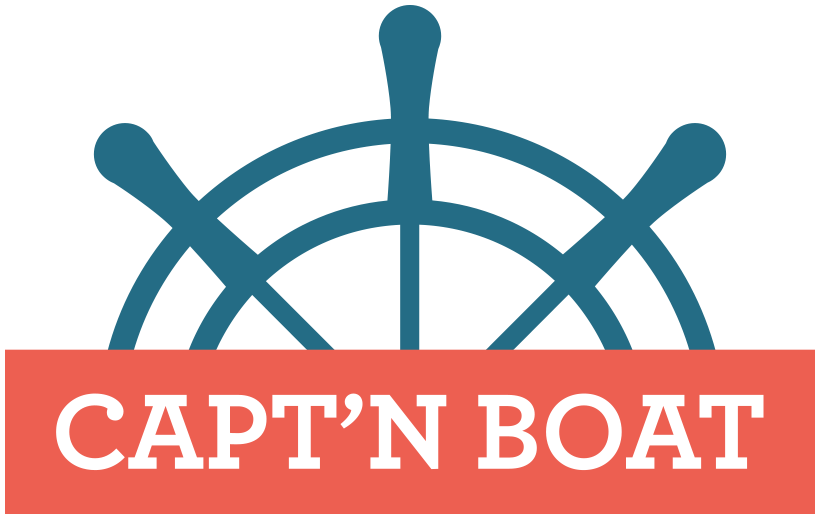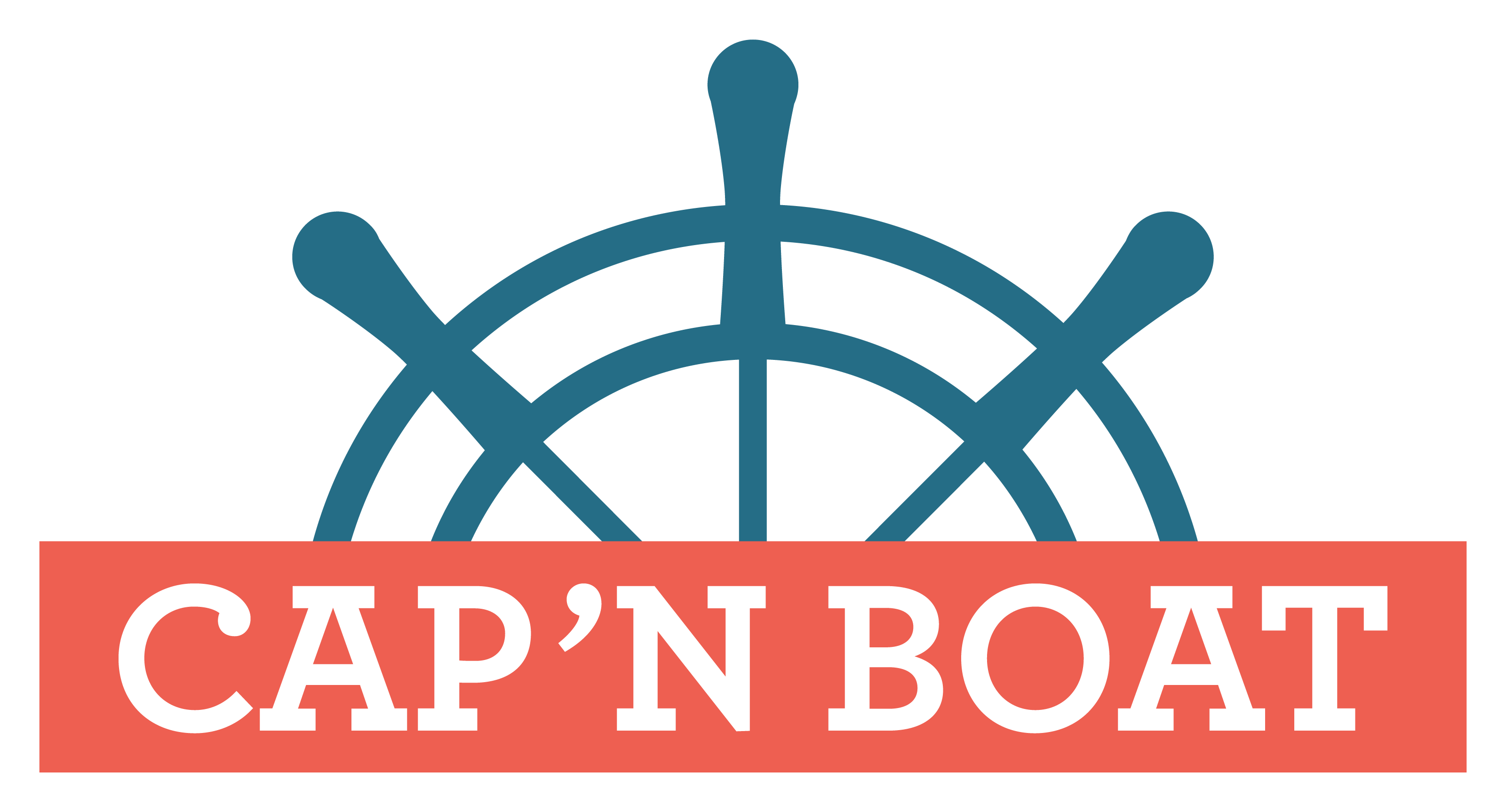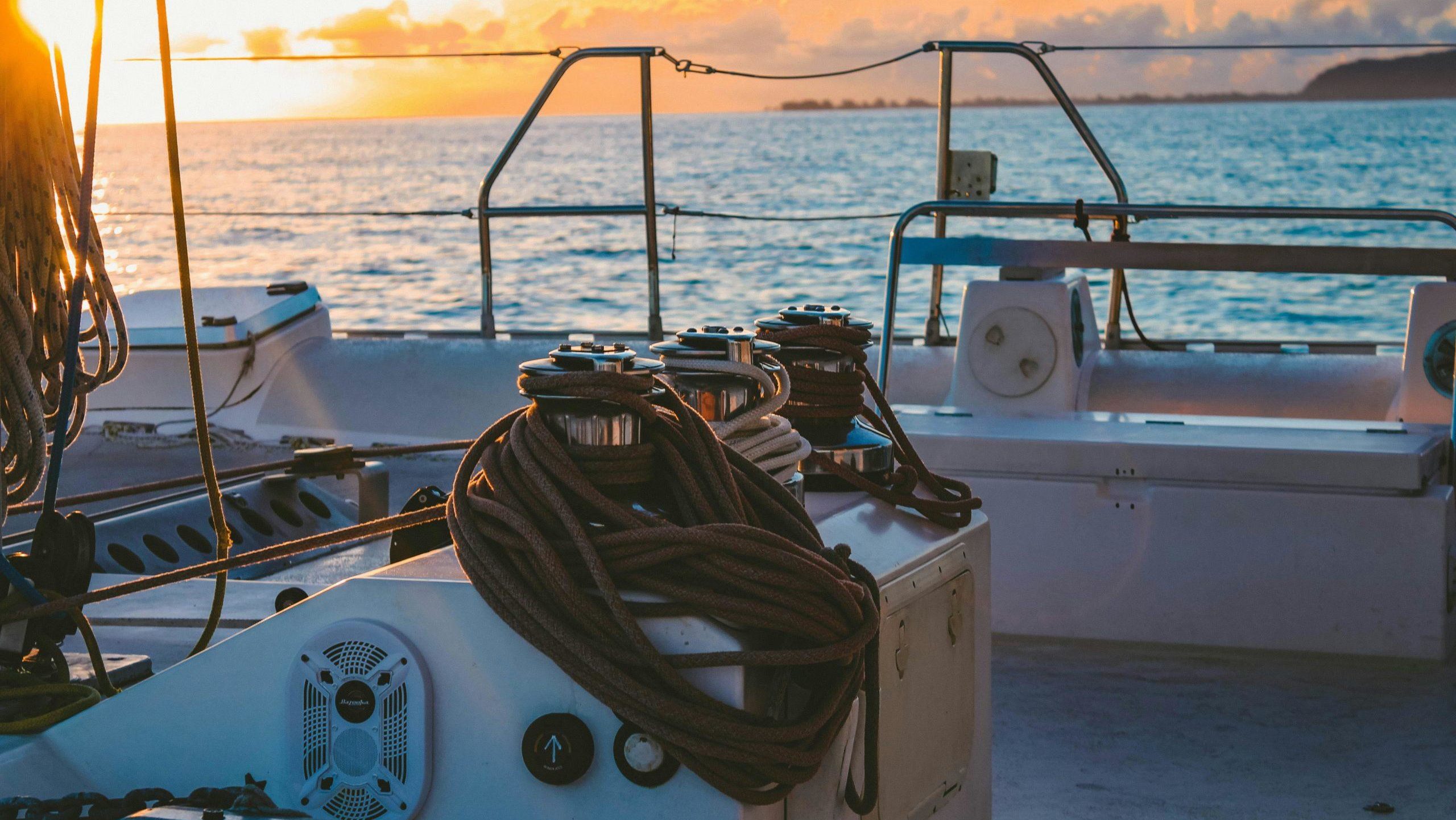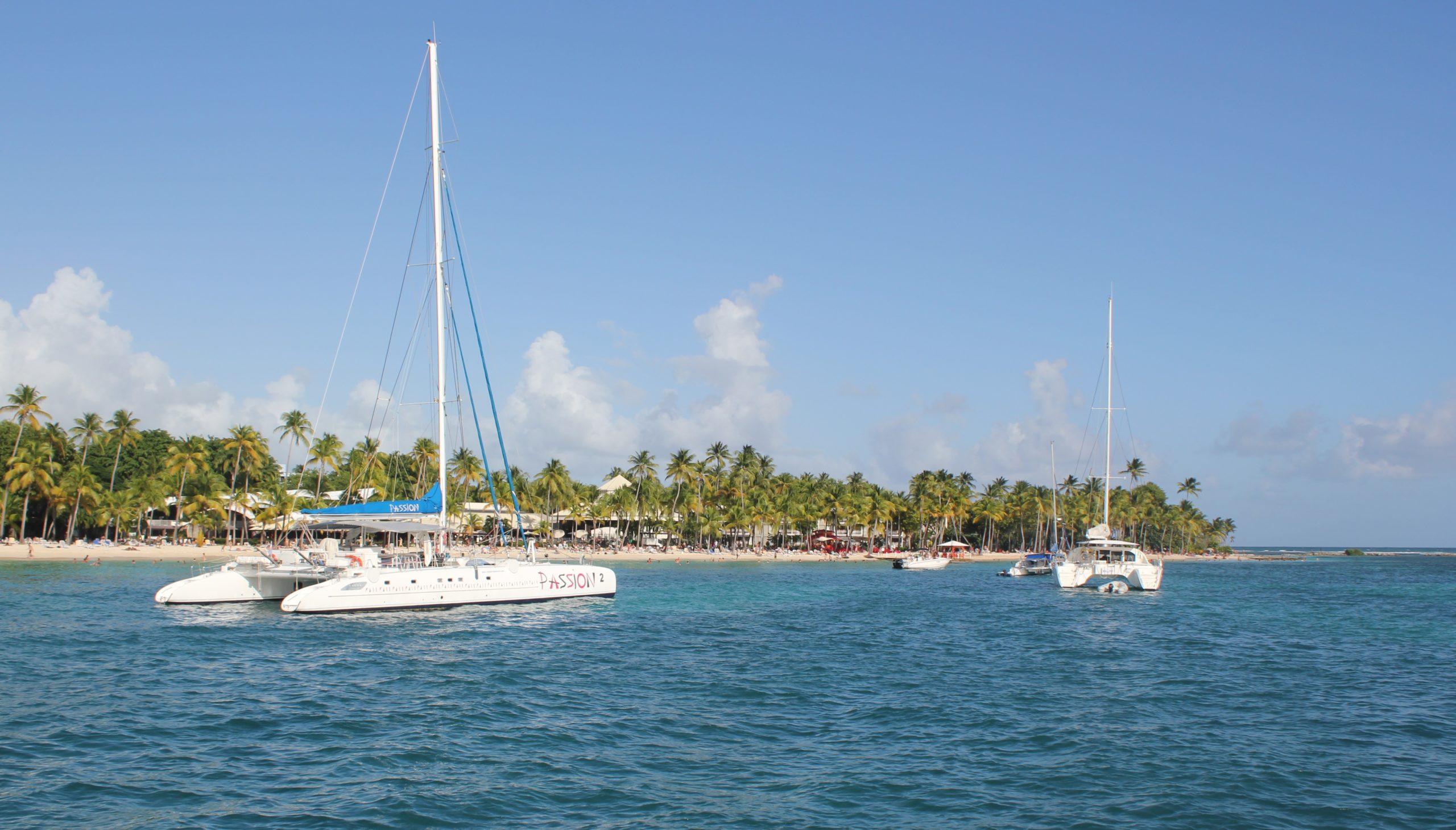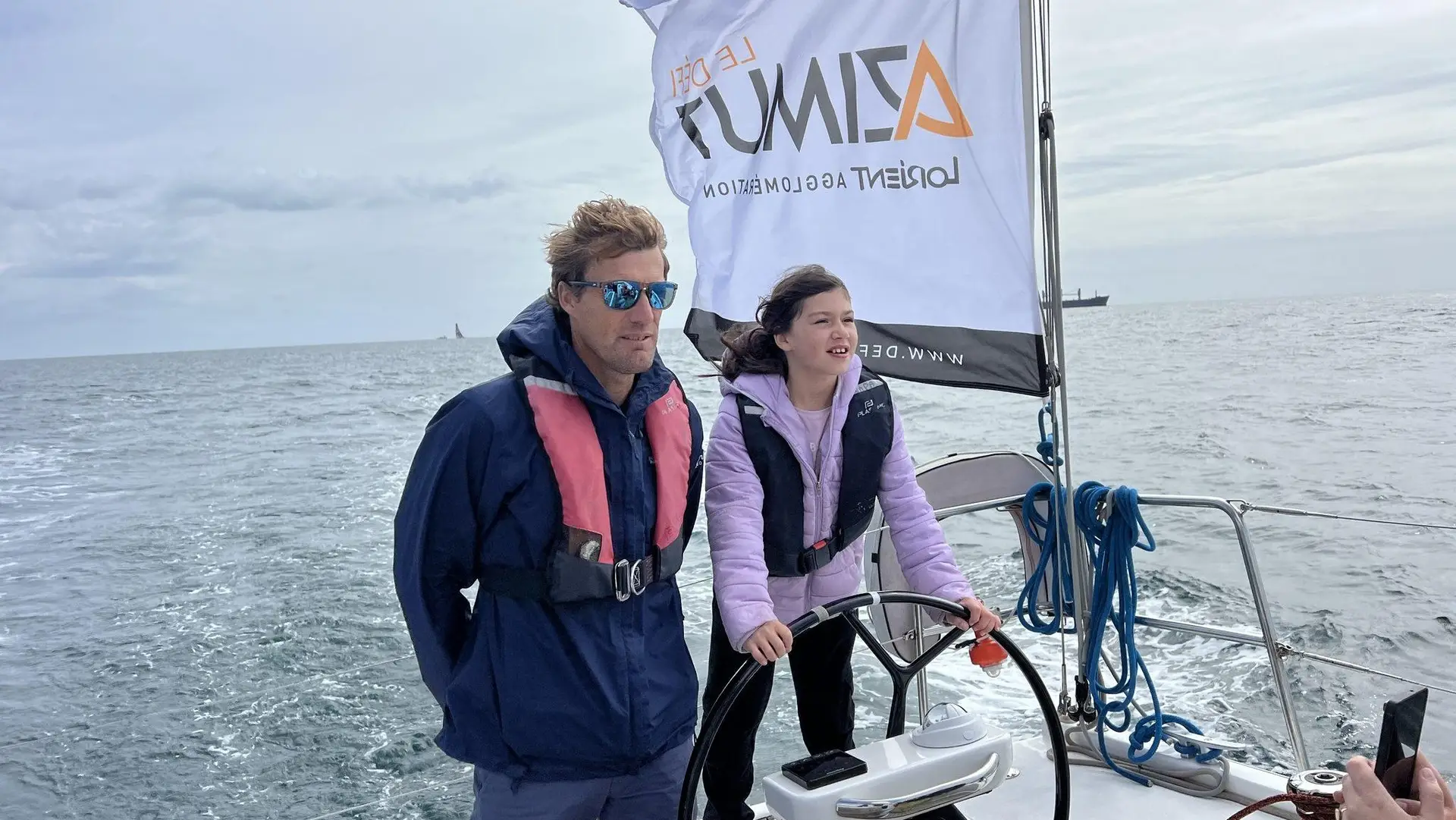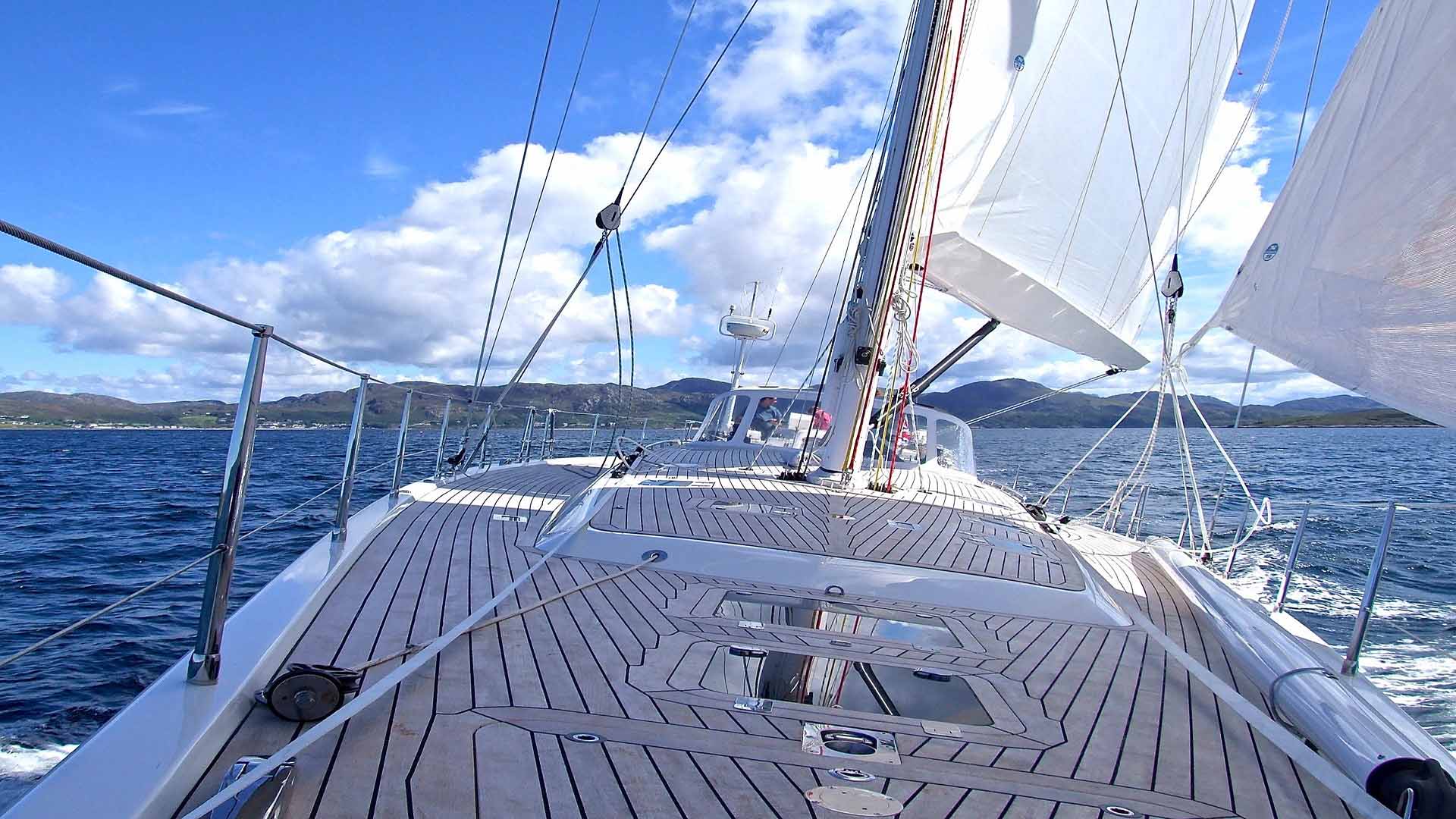
Becoming a skipper: qualifications, trainings, remuneration ..
In a global context where the figures of the nautical sector are rather positive, the demand for skippers is growing every year. Becoming a skipper is a real passion coupled with a solid training.
Capt’n Boat explains the role of a professional skipper, his trainings, his missions and his remuneration system.
A skipper is the person in charge of the navigation of a boat. He provides paid passenger transport (charter) as well as delivery (boat delivery) of pleasure boats from one port to another, he offers training services (sailing course) and improvement, or he sails a sailboat in sporting competitions (races).
1. What is a skipper?
The skipper is the only master on board. Thus, he is responsible for all the tasks and actions necessary on the boat:
- Navigation
- Driving the engines and electrical installations
- Relations between the crew and the client
- Safety and security of the passengers and the ship
- Management of the crew
- Hygiene on board and health of passengers
- Maintenance and repair of the vessel
- Radio communications
The skipper also plays an important role in the animation of life on board.

2. What are the missions of a skipper ?
The missions of a skipper are quite varied.
A skipper works most often for vacation organizations, boat rental companies and takes summer guests on cruises. During the off season, he or she is more often employed to deliver private boats.
A. Boat deliveries
The mission of delivery consists, for a professional skipper, to convey a ship for a remuneration, between two ports or two sites by sea.
Generally, it is about :
- Driving boats to a shipyard for maintenance or wintering
- Routing boats to a race start
- Conveying boats to the home port following a purchase
B. Boat coaching
The improvement or coaching is an educational mission. The skipper’s objective is to teach the fundamentals of navigation and the use of a boat.
The services of a skipper are generally requested to:
- Train an owner following a boat purchase
- Propose improvement courses to owners in order to be more comfortable on their boat
C. Cruise with a skipper
Going on a cruise with a skipper is a good compromise to enjoy both the navigation and the sea air without being embarrassed by maneuvers, anchorages…
We also talk about doing charter missions with clients.
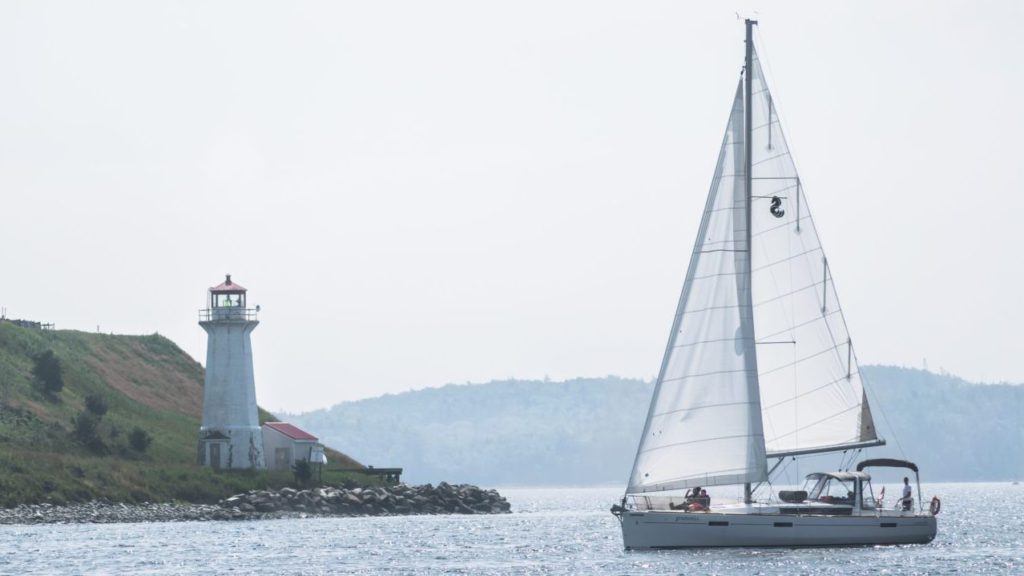
3. Which training to become a skipper?
A. Internationally
The most common certificate to work internationally as a skipper is the Yachtmaster. The Yachtmaster is an English degree from the Royal Yachting Association (RYA), recognized by the Maritime Coastguard Agency (MCA) and throughout the world. It allows skippers to command pleasure boats up to 24 meters long, and up to 200 miles from the coast. It has 3 levels and each one have limitations: Coastal, Offshore and Ocean.
To obtain the Yachtmaster, the candidate must be over 18 and have at least 1000 miles of navigation in 1st or 2nd category (corresponding to the distance from the coast). The theoretical tests cover a wide range of subjects such as:
- The ship and its components (technical, engine, electrical installations)
- Navigation in all its states (coastal and offshore, day and night)
- Maritime law relating to events at sea
- Meteorology and hydrology
- Sanitary conditions on board
The practical test takes place during a 12-hour navigation. It includes a night phase, a man overboard exercise as well as port maneuvers.
The Yachtmaster must be completed with a “Commercially Endorsed” endorsement in order to be used on commercial services for profit.
To obtain this endorsement, the skipper must obtain the Professional Practices and Responsibilities certificate (PPR), the Basic Safety Training (BST), and the MCA Medical Examination (ENG1).
B. In France
In France, there are 2 main types of skipper certificates:
- The Merchant Navy certificates (Captain 200, Captain 500, Captain 3000…) for fishing and trade. Merchant Navy diplomas are authorized for boat deliveries and charters.
A Captain 200 Voile certificate is compulsory to work as a professional skipper in France. This certificate allows you to work as a professional skipper in yachting and sailing, either to carry passengers (12 maximum) on ships of less than 200 tons (about 24 m), or to drive a ship for a third party.
In order for the Captain 200 to be effective, you must also hold the BST, ROC/GOC, EM1 and a Medical Checkup.
- The State Certificates (BPJEPS, BEES ..), are qualified to carry out only training.
C. Yachtmaster or french title?
There is no one title better than another. It all depends on what type of vessel you want to work on.
If you want to work on French flagged vessels, Capt’n Boat recommends that you opt for the French titles. Otherwise, the Yachtmaster titles are a good option if you want to work on foreign flags.
There is now a gateway to work on a French flag with a Yachtmaster : the Master 200 GT.
4. Qualifications and obligations of the skipper
A skipper’s ability to make decisions, sense of responsibility, interpersonal skills, dynamism, initiative, composure and great resistance to physical and nervous fatigue are essential qualities for a skipper. The journeys can be long and the customers demanding, a skipper must therefore be able to adapt his behavior to each situation and people, he must be versatile, available and autonomous.
In any case, being a skipper is a “passion job” that requires a lot of investment. The human element is an essential part of this job, especially for charter services.
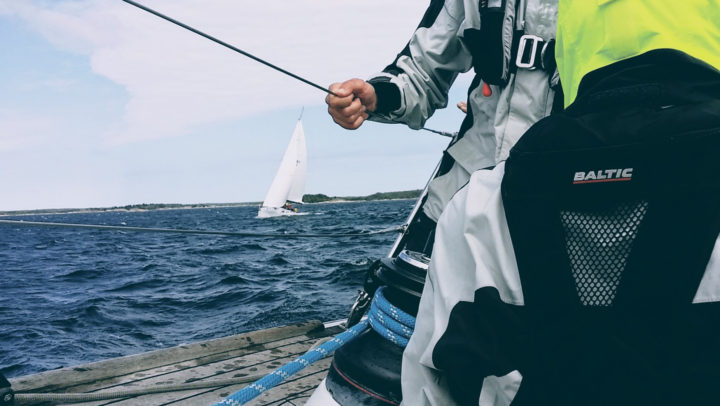
5. Remuneration of the skipper
The cost of a professional skipper varies according to the service (boat delivery, charter, coaching), the duration of the service, the sailing area, the size of the boat and the number of passengers :
- For charters, the remuneration is a daily rate. Example : In Croatia, a skipper is paid at least 240€/day ; In France, 300€/day ; In Saint Marteen, 250€/day ; In Greece, 240€/day ; In the Bahamas, 350€/day ; etc ..
The price varies according to the geographical area, each country has its own minimum wage.
- For boat deliveries, the remuneration is per nautical mile. Here, the wage is the same internationally : 3,5€ per nautical mile.
Want to become a skipper? Capt’n Boat offers you a professional marketplace
Here is a similar article: How to become a yacht stewardess: The fundamentals of the job 👈
 CaptnBoat.com
CaptnBoat.com